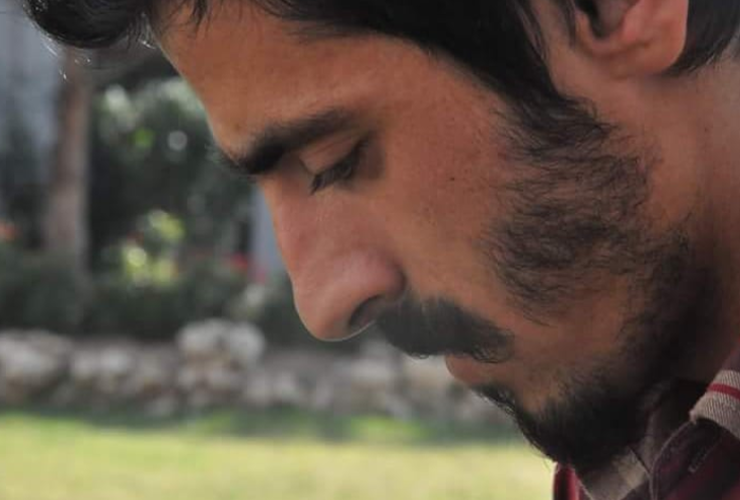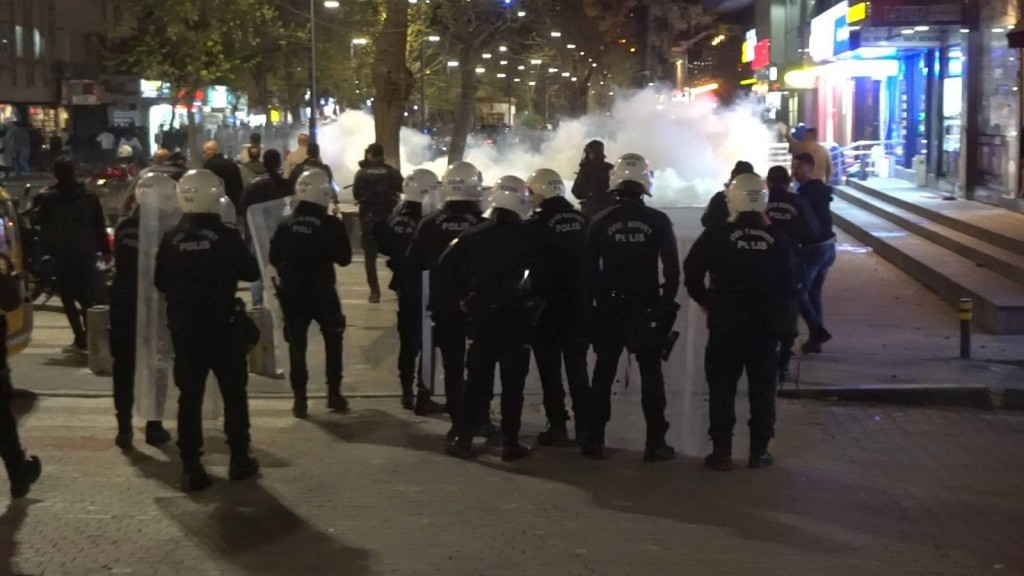The release last month of Turkish-Kurdish journalist Idris Sayılğan, after more than 1,000 days in prison, was a joyous moment. But the timing of the release raises – once more – questions about political influence over Turkey’s judiciary, coming just as the European Court of Human Rights (ECtHR) is examining Sayilgan’s case in what could be a pivotal ruling.
Sayılğan’s release on November 27th came as a complete surprise to his family, his lawyer and himself. Without warning he was told he was free to go, escorted to the prison gates and, with no one to greet him, had to find a bus back to his family home.
Formally, his lawyer, Veysel Ok of the Media and Law Studies Association, had filed a regular monthly appeal to the local appellate court for his release, with every expectation that it would be systematically refused as it had been on all preceding occasions.
#Turkey: Great news Kurdish journalist #İdrisSayilgan just released after his application reviewed by appellate court.
IPI submitted an amicus brief in Oct to the ECtHR in support of his case which is currently reviewing his case.
▶️https://t.co/K2UfwjkmsI #FreeTurkeyJournalists pic.twitter.com/6Zuq1dmZgQ— IPI (@globalfreemedia) November 27, 2019
This time, however, the appeals court determined Sayılğan had served sufficient time and should be released on probation. This marked a dramatic change of attitude from the courts that had previously considered him enough of a risk to be held in pre-trial detention for two years before being sentenced to over eight years for alleged membership of a terror organization.
Sayılğan, a reporter with the now shuttered DICLE News Agency, which focused on Kurdish rights issues, was arrested in October 2016 and convicted based on his journalism and sources.
In October IPI, along with ten other freedom of expression organizations, submitted a third-party intervention to the ECtHR in support of his individual application, arguing that Turkey’s judiciary is unable to guarantee justice and to provide a domestic remedy and urging the ECtHR to intervene and rule on his case.
Ordinarily, the ECtHR does not take up cases until all domestic remedies have been exhausted, but in June 2019 it agreed to examine Sayılğan’s case in part due to the excessive delay by Turkey’s Constitutional Court to rule on it.
The court’s decision was expected soon when news of Sayılğan’s release came through.
One week later, on December 5, IPI was informed by the ECtHR that the Turkish Ministry of Justice had requested an extension to the deadline for submitting their arguments to the Court. That request was dated November 25. Two days later, Sayılğan was released from prison.
While we rejoice at the release of our colleague, we cannot ignore the clear link between the appellate court’s decision and the government’s preparation of its arguments towards the ECtHR.
This is yet further evidence of a politicized judiciary where cases are not judged on their merits but on their potential for political gain – or, in this case, embarrassment, should the ECtHR choose to rule in the journalist’s favour.
Sayılğan’s release should also not be taken as an excuse by Strasbourg to shelve or delay the matter. There is a great need for precedent-setting rulings on Turkey’s media crackdown from the ECtHR, which has moved far too slowly in handling cases of journalists like Idris Sayılğan whose fundamental rights have been severely violated.



